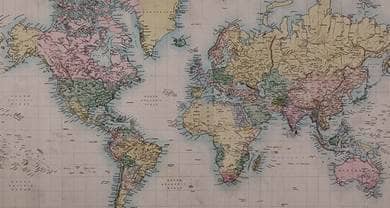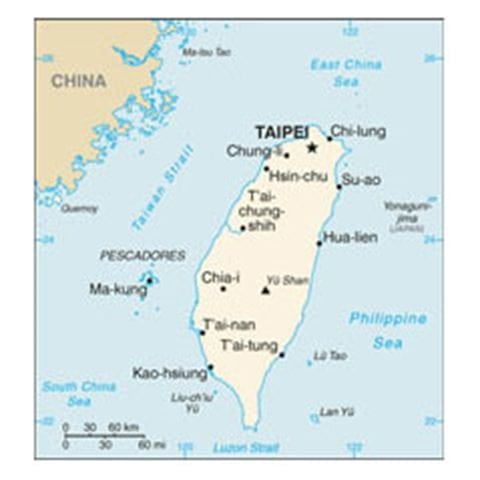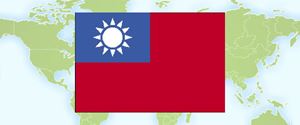- Trending:
- Forgiveness
- |
- Resurrection
- |
- Joy
- |
- Trump
- |
- Kamala Harris
- |
- Supreme Court

RELIGION LIBRARY
Taiwan

Taiwan has an area of 13,800 square miles and a population of 23 million. According to the 2006 Government Information Office Yearbook, the Religious Affairs Section of the Ministry of the Interior (MOI) estimated that 35 percent of the population considers itself Buddhist and 33 percent Taoist. While the overwhelming majority of religious adherents are categorized as either Buddhist or Taoist, many adherents consider themselves to be both Buddhist and Taoist.
In addition to organized religions, many persons also believe in traditional Chinese folk religions, which include some aspects of shamanism, ancestor worship, and animism. Researchers and academics estimate that as much as 80 percent of the population believes in some form of traditional folk religion. Such folk religions may overlap with an individual's belief in Buddhism, Taoism, Confucianism, or other traditional Chinese religions.
Traditional Chinese religions with adherents constituting less than 5 percent of the population include: I Kuan Tao, Tien Ti Chiao (Heaven Emperor Religion), Tien Te Chiao (Heaven Virtue Religion), Li-ism, Hsuan Yuan Chiao (Yellow Emperor Religion), Tian Li Chiao (Tenrikyo), Universe Maitreya Emperor Religion, Hai Tze Tao, Zhonghua Sheng Chiao (Chinese Holy Religion), Da Yi Chiao (Great Changes Religion), Pre-cosmic Salvationism, and Huang Chung Chiao (Yellow Middle Religion).
There also may be an overlap between practitioners of Buddhism, Taoism, and other traditional Chinese religions and Falun Gong practitioners. Falun Gong is registered as a civic, rather than a religious, organization. According to an academic source, Falun Gong membership exceeds 600,000 and continues to grow.
Small percentages of the population consider themselves Protestant, Roman Catholic, or Sunni Muslim. The Church of Scientology, Baha'i Faith, Jehovah's Witnesses, the Mahikari Religion, Church of Jesus Christ of Latter-day Saints (Mormons), and Unification Church are registered. Other Christian denominations present include Presbyterians, the True Jesus Church, Baptists, Lutherans, Seventh-day Adventists, and Episcopalians. The majority of the indigenous population of 496,086 Aborigines is Protestant or Catholic. There are also a small number of adherents of Judaism, although they are predominately expatriates.
While the authorities do not collect or independently verify statistics on religious affiliation, they maintain registration statistics reported voluntarily by religious organizations. The MOI Religious Affairs Section believes that these statistics significantly understate the number of religious believers. The MOI Religious Affairs Section estimates that approximately 50 percent of the population regularly participates in some form of organized religious practice, as distinguished from activities connected with traditional Chinese folk religions.
Religious beliefs cross political and geographical lines. Members of the political leadership practice a variety of faiths.
| Population | Population (2009 est.) 22,974,347 |
| Religious Demographics | mixture of Buddhist and Daoist 93%, Christian 4.5%, other 2.5% |
| Ethnic Groups | Ethnic Groups Taiwanese (including Hakka) 84%, mainland Chinese 14%, indigenous 2% |
| Languages | Languages Mandarin Chinese (official), Taiwanese (Min), Hakka dialects |
| Country Flag |  |










